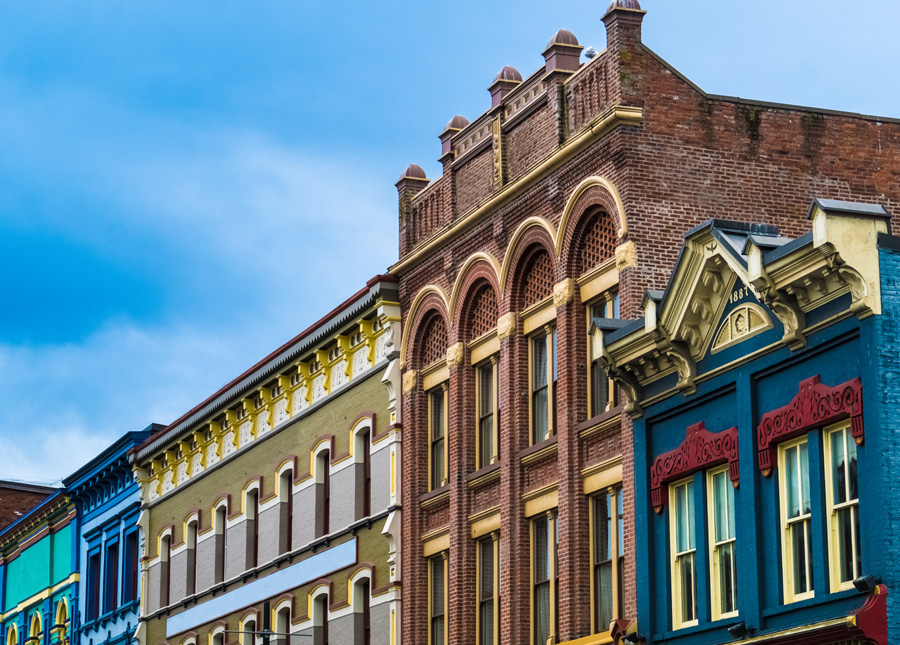
According to the World Trade Organization, tourism is shifting away from active holidays towards vacations that offer richer, more meaningful experiences, including tourist attractions that offer educational opportunities. Because of this, cultural and heritage tourism is a fast-growing market.
“Cultural and heritage tourism” is tourism in which arts, culture and heritage form a key attraction for visitors. The focus of their activities are experiential events, such as local festivals, museums, food and wine tours, and art galleries. Sharing cultural stories and history with tourists and promoting historic places in the community can create a richer experience for both visitors and local residents.
According to a 2009 study from Tourism British Columbia, nearly half (48%) of all Canadian respondents had visited a museum in the past year on at least one occasion. Visiting museums in other communities was also popular: 38% had visited a museum in another location during the past year and 62% encouraged visitors to explore these institutions. When asked why they visited museums, 70% said that they wished to be both entertained and educated.
In 2010 in Canada, overnight travel spending brought in $3 billion. Statistically, cultural and heritage tourists spend more money per day and stay longer in the area where they have chosen to take their vacation. In this same study, 2.6 million Canadians identified themselves as heritage enthusiasts, with 55% of this group including Canada’s historic places in their future travel plans.





